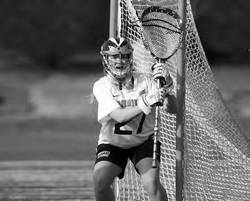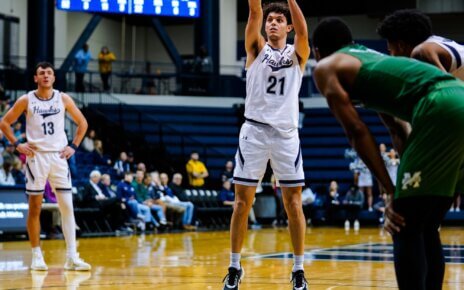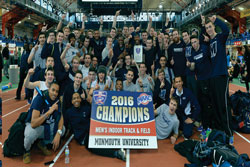It’s Saturday afternoon during the fall season, and inevitably the vibrant college football season. You flip on an ESPN game to find top notch, bowl contending matchups. With the fans crazy and players amped, there’s nothing more you could look for in a college game. Except, that’s where you’re wrong; what is missing from this scene? The answer is the presence of African-American (and minority) coaches in NCAA football.
NCAA Division IA teams attract high caliber recruitments and a large fan base but cannot hire/draw in African-American coaches. In 2011, only 11 black coaches are at the helm of a College Football Sub Bowl Division team.
Although this is a high amount compared to years past, it is a remarkably low number considering the 117 schools involved. It is a problem that still reigns clear throughout the sport and uncovers the fact that still today, there remains discrimination. It is still a problem that is right out there in front of our eyes, and poked and prodded at by a variety of analysts in the past.
No direct link can be correlated and no concrete answer will solve the problem. In a sport dominated by African-American athletes, the coaching staffs misrepresent the sport’s population and show that greed and image still lie at the heart of hiring.
Minority coaches that eventually do get the privilege of heading a program seem to take control of programs which have had notoriously losing traditions, placing a negative damper on the image of the black coach. Although many have been successful in changing their respective programs, only a few have had winning records, possibly deterring college officials from hiring more black coaches.
What is needed in the sport to provoke change? Is it a rule change, affirmative action program? If so, how does one pinpoint the existing problems and transform them with the new program. In the hiring process, the NCAA is a component, along with college presidents, athletic directors and head coaches. The NCAA cannot make coaching changes, but it does enact the guidelines. Making it mandatory to interview at least two African-American candidates may increase the number of those driven to apply. Also the NCAA could expand the coaching staff to allow more assistants, prompting more ex-players to join the staff, and seeing as over 50 percent of college football players are of a minority, this could add to the minority coaching population.
A big key in the hiring process seems to be the college president, who always is out to better the image of the college and may be influenced by public opinion of donating alumni and fan perceptions.
Predominantly, all the high caliber schools have head coaches who are white. Could it be that racism still exists in some Universities? Could it be an issue with the president wishing to maintain a white image?
People of all races have the same capability of being great head coaches in college football.
Head coaches, in maintaining their staff, should always look toward the future and the coaching prospects that lie at hand. By taking a little time to set forth more opportunities for black coaches and all other racial background coaches, they will begin to see the same successes of the Nick Sabans, or Steve Spurriers or Bobby Petrinos of today.
Any and all efforts to increase the black population of coaches will jump start this effort. This way, the NCAA football program won’t have to be called out by such talented coaches as Tony Dungy, who completely disapproved of the state of the black coach in the NCAA.
Today, Jon Embree of Colorado, Turner Gill of Kansas, Kevin Sumlin of Houston, Charlie Strong of Louisville, Joker Phillips of Kentucky, Ruffin McNeil of Easy Carolina, Mike London of Virginia, DeWayne Walker of New Mexico State, Larry Porter of Memphis, Willie Taggart of Western Kentucky and Ron English of Easter Michigan are the only black names in the head coach slot of Division I schools.
If the total mindset of the NCAA can incorporate some of the ideas mentioned above, hopefully these men, and others will partake in the sport in the near future. Should a doubling of this figure be a hopeful goal?
I believe that making the problem known, and seeking the true talent that lies in the black coaching field, an end to this silly discrimination within the sport will end. Here, we won’t need columns written about the pathetic attempts made by schools hiring underqualified white coaches over better black applicants. Instead, no problem would even be recognized.
Here at Monmouth, two black assistant coaches proudly serve on Coach Callahan’s staff, although that is no astonishing number, these two men front the linebackers’ calls and the all-important defensive line.
Just a look at their everyday work would surely uncover a talent for teaching the game. So even Monmouth, on the smaller scope and probably even unknowingly, can and does promote an end to this discrimination problem. Like the talent that lies within MU’s staff, more throughout the country surround programs.
With that talent, head coaching jobs throughout the nation should change so that during that big ESPN game, a quick camera shot of the head coach shouting a play call through the head set will be that of a highly regarded, successful black head coach.




